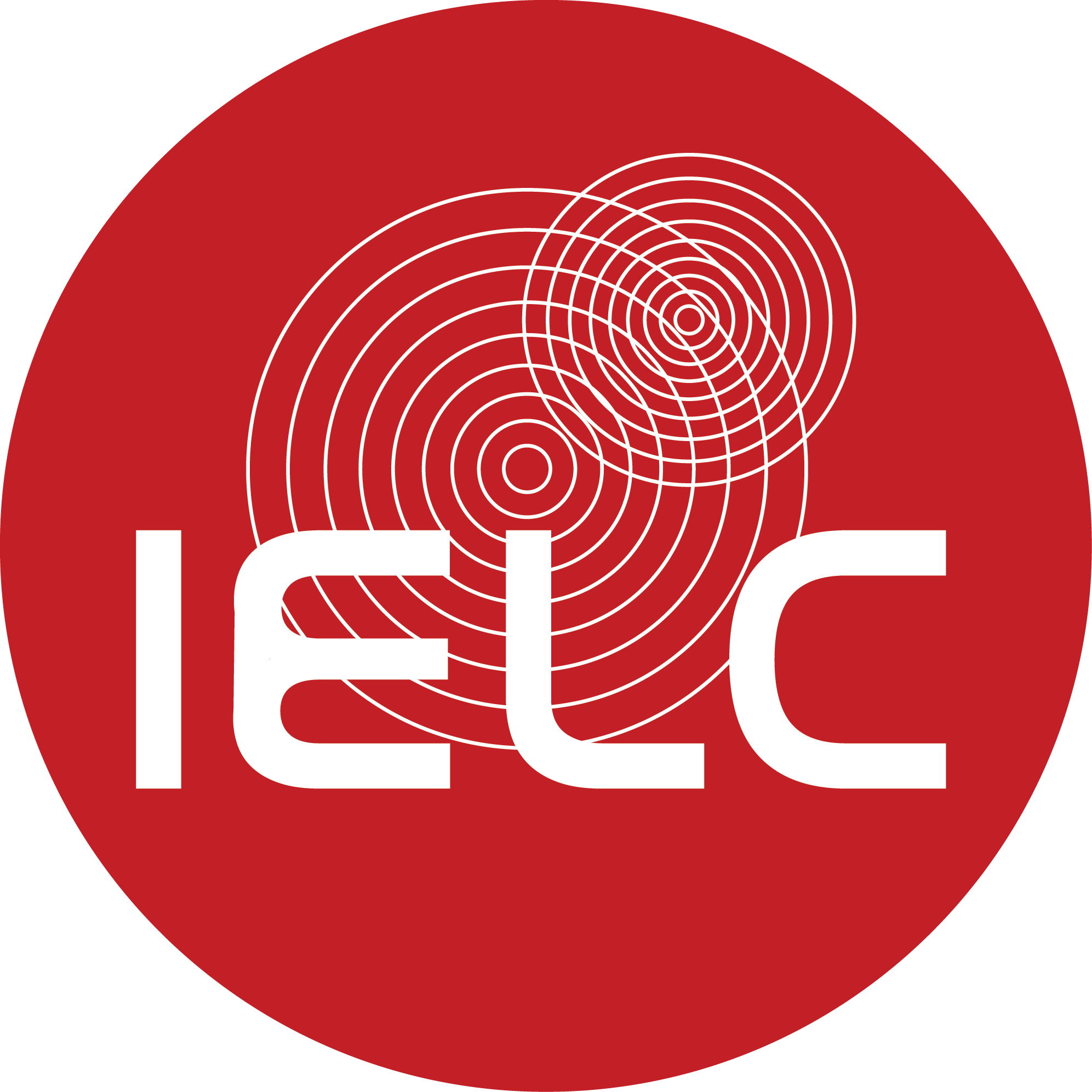International Study of School Autonomy and Learning: An Introduction
This special issue composed of seven articles reports on the initial findings from the first phase of the “International Study of School Autonomy and Learning (ISSAL)” research project. This project involves seven education systems: Australia, Canada, England, Finland, Hong Kong, Israel and Singapore.
In facing the challenges of globalization, international competition and societal transformation, there have been many education reforms in different parts of the world. Among these reforms, the shift towards school autonomy has been one of the major worldwide trends in recent decades. This policy has gathered pace since the 1980s although it has had different names and emphases in different jurisdictions, including: school-based management, site-based decision making, self-managing schools and local management of schools. The arguments in favour of school autonomy are that it can provide the conditions for increased flexibility and adaptability in school operations, enhanced staff commitment and initiative and more effective teaching and learning, leading to improved outcomes for children. It often assumed that schools with increased autonomy can be more adaptive to the changing educational environment, with greater capacity to make successful curricular and pedagogical changes which enhance students’ learning.
School autonomy has often been developed in the context of wider quasi-market reforms, such as parental choice of school, and is generally associated with new public management-type approaches to reform (Greany, 2015). Certainly, two factors have been identified as particularly important for the successful development of school autonomy: high quality school leadership and a clear school accountability framework. |
|
|




